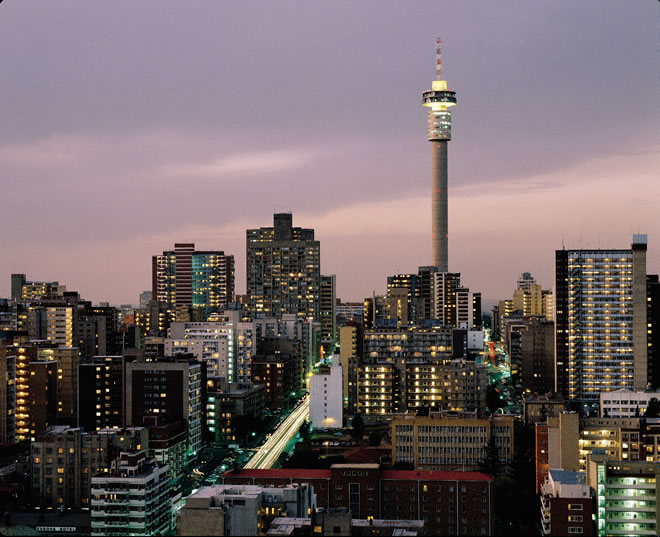

Sunday, February 09, 2014
One in four South Africans is currently unemployed, and many of them fear the foreigners will steal their jobs.
In the last six months, disputes between Somali shopkeepers and South Africans have deteriorated into looting and burning sprees.
The situation is so alarming that former Somali Prime Minister Abdi Farah Shirdon is urging the South African government to take action.
Somali refugee Mohammed left the nightmare of his war-torn home and travelled nearly two-and-a-half thousand miles to South Africa.
He came to the country looking for a better life, but instead what he found was violence, poverty and racism.
“Since I got here, I faced a lot of problems. They (South Africans) chase us away from where we were living and where we set up businesses.
“They come in a group, start looting our stuff, and kill our people.”
Mohammed is one of a growing number of African refugees who face daily harassment and violence at the hands of local South Africans.
In recent years, attacks against African foreigners have multiplied, leaving dozens dead.
Amir Sheik, chairperson of Somali Community Board of South Africa, said: “In Somalia, there is no stability -- we cannot go back, but we cannot stay in South Africa. The language and our religion Islam are barriers, and Somalis are also seen as a threat to the existence of the local businesses.”
Thousands of Somalis, Ethiopians, Zimbabweans and Mozambicans have fled to South Africa, attracted by the relatively strong economy.
But with one in four South Africans out of work, opportunities are hard to come by, and many locals complain the newcomers are stealing their jobs.
In South Africa, many people live in extreme poverty.
Alexandra township, just outside Johannesburg, is home to nearly half a million people with limited resources.
Domestic worker Mavis Makama was born in South Africa, and struggled for years to get her current job. Even though she earns just a minimum wage, it is a lifesaver for her.
“It’s very hard to find a job here, because the people from Zimbabwe, they come here to take our jobs. And now that I must look after my son, it is very difficult for me,” said Mavis Makama.
Imacal Tafesel, an Ethiopian refugee, runs a small stall selling clothes, and blames the police for not doing anything to stop the xenophobic attacks.
He said that often, it is the police who are behind such attacks.
“Once, seven police officers came to my shop and took my stuff. Most of the police here don’t like us. They tell us to go back to our countries,” said Imacal Tafesel.
However, the South African police strongly deny the allegations.
Brigadier Neville Malila, provincial head of Corporate Communication Gauteng, said: “The vision of the South African police is to protect everybody, any citizen – which means, regardless of whether one is a South African citizen, or a foreign national, we protect all citizens within the border of the country.”
But Mohammed and Imacal Tafesel disagree, and are now wondering whether it would be safer to pack everything up and go back home.